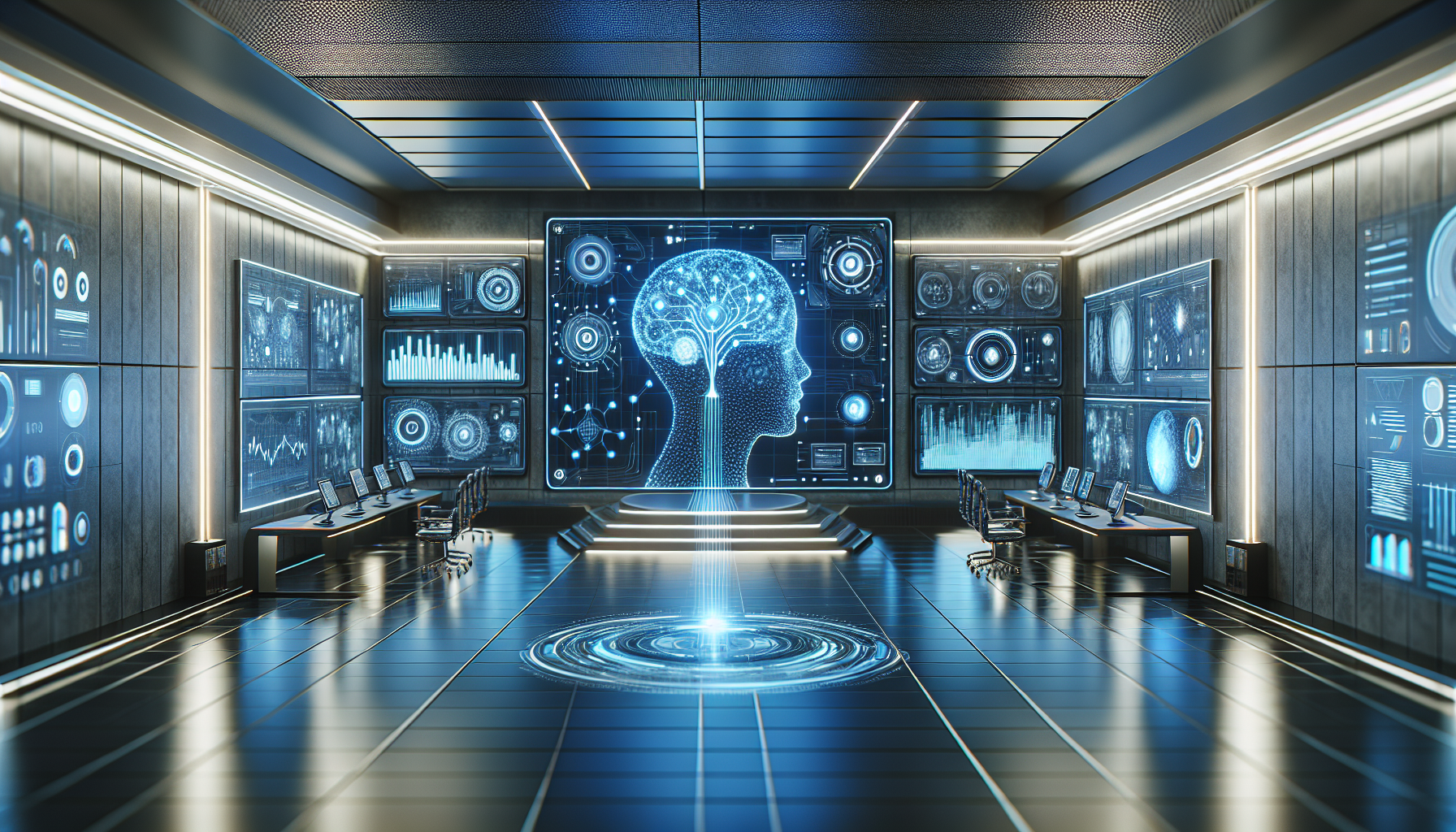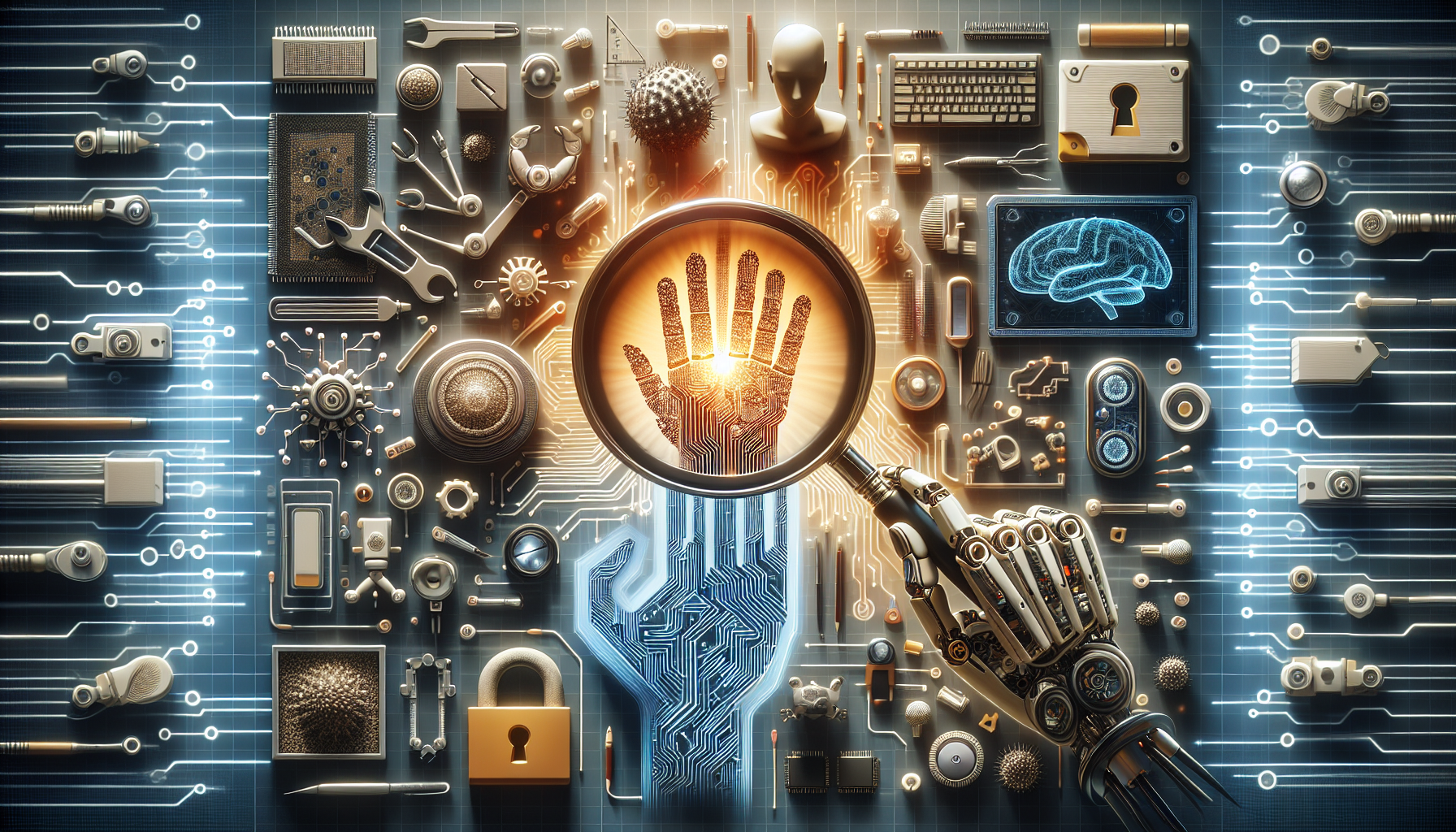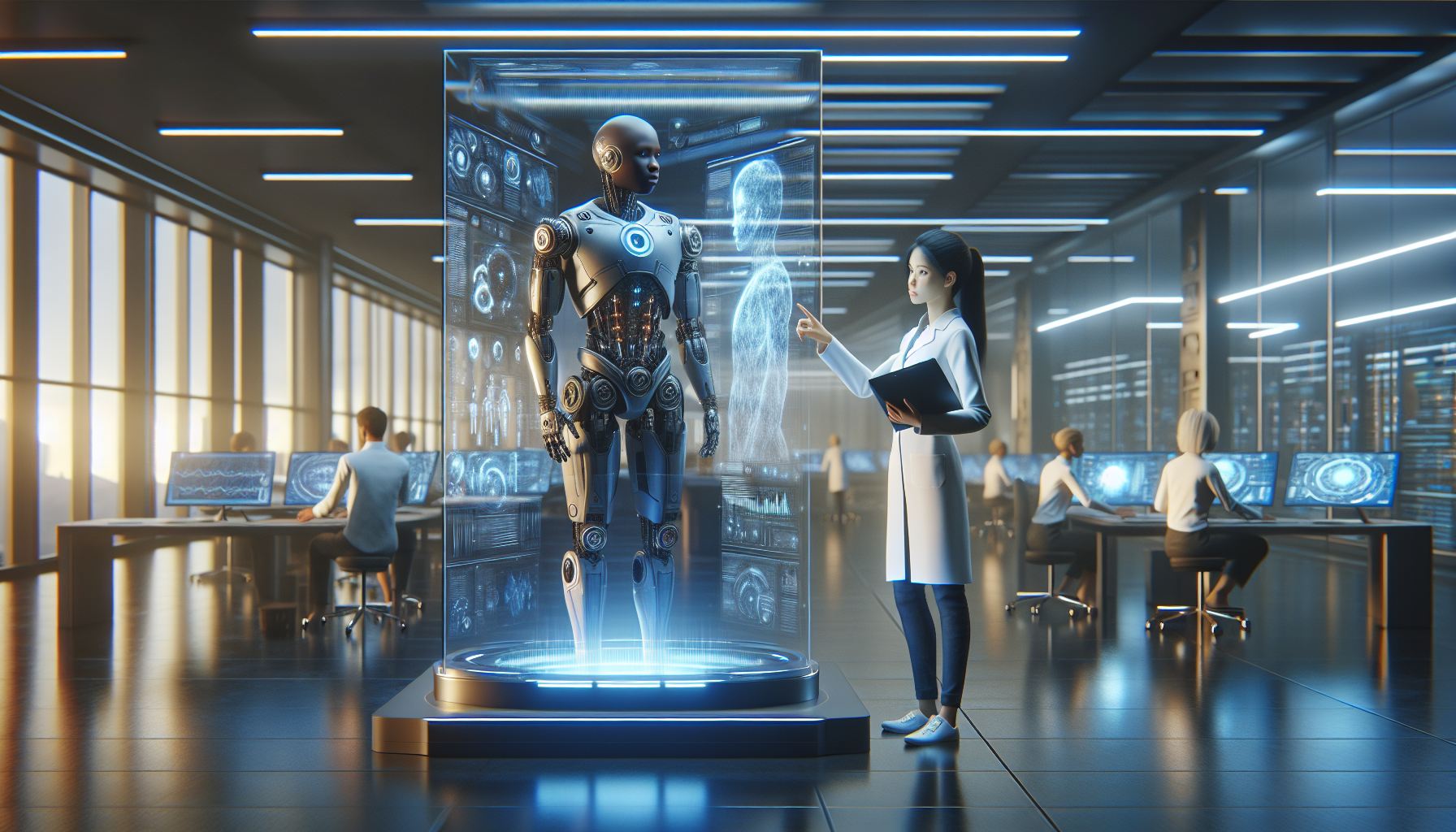
AI and Smart Cities: Bridging the Gap Between Imagination and Reality
May 15, 2025
Picture a city where the air is fresh, the streets are safe, and the infrastructure responds intuitively to the needs of its residents. This vision of a utopian urban environment is increasingly within reach, thanks to the transformative power of artificial intelligence. The role of AI in developing smart cities not only bridges the gap between imagination and reality but also inspires us to rethink how we interact with our urban surroundings.
The seamless integration of AI technologies into urban planning and management is revolutionizing how cities operate. With the ability to analyze vast amounts of data in real time, AI enables city planners to make informed decisions that optimize resource use, enhance public safety, and improve the quality of life for all inhabitants. The application of AI in smart cities is not just about technological advancement; it’s a testament to human ingenuity and our relentless drive for progress.
One of the most inspiring aspects of AI in smart cities is its capacity to foster sustainability. By harnessing real-time data, AI systems can manage energy consumption more efficiently, reducing waste and promoting the use of renewable resources. For example, AI-driven smart grids can predict energy demand and adjust supply accordingly, minimizing energy loss and ensuring that green energy sources are utilized to their fullest potential. This not only reduces the carbon footprint of urban areas but also paves the way for a more sustainable future.
Moreover, AI in smart cities enhances mobility and transportation—a critical component of urban living. Intelligent traffic management systems leverage AI to analyze traffic patterns and adjust signals dynamically, reducing congestion and lowering emissions from idling vehicles. Autonomous vehicles, guided by AI, promise to further revolutionize urban transport by providing safer, more efficient travel options. These innovations not only transform the daily commute but also redefine our relationship with urban spaces, making cities more accessible and inclusive.
AI's role in enhancing public safety is another cornerstone of smart city development. Predictive analytics, powered by AI, enable law enforcement agencies to anticipate and respond to potential threats more effectively. By analyzing crime data and identifying patterns, AI systems can help allocate resources where they are needed most, ultimately creating safer communities. Additionally, AI-powered surveillance systems can detect unusual behavior and alert authorities in real time, providing an added layer of security without compromising privacy.
Healthcare, a vital component of any community, also stands to benefit immensely from AI integration. In smart cities, AI can streamline healthcare delivery by predicting outbreaks, managing hospital resources, and personalizing patient care. Health monitoring systems can collect data from wearable devices, allowing for early intervention and more targeted treatments. This not only enhances the well-being of residents but also alleviates the burden on healthcare systems, particularly in densely populated urban areas.
The potential of AI in education within smart cities is equally profound. AI can personalize learning experiences, tailoring educational content to meet the unique needs of each student. By analyzing data on student performance and engagement, AI can provide educators with insights that help them address learning gaps and foster a more inclusive educational environment. This democratization of education ensures that every citizen, regardless of their background, has access to quality learning opportunities.
While the benefits of AI in smart cities are extensive, it is crucial to address the challenges that accompany this technological evolution. There are valid concerns about data privacy, security, and the ethical implications of AI decision-making. As we continue to integrate AI into the fabric of urban life, it is imperative to establish robust frameworks that safeguard individual rights and promote transparency.
Ultimately, the role of AI in developing smart cities is a powerful catalyst for change. It challenges us to envision a future where technology and humanity coexist harmoniously, driving us to create urban environments that are not only intelligent but also compassionate. As we stand on the brink of this new era, we must ask ourselves: How can we ensure that the benefits of AI are accessible to all, and how can we harness this technology to build cities that reflect our highest aspirations?
These questions invite us to look beyond the technological marvels and consider the profound impact AI has on our society, encouraging us to dream bigger and strive for a future where smart cities are not just a possibility, but a reality.


